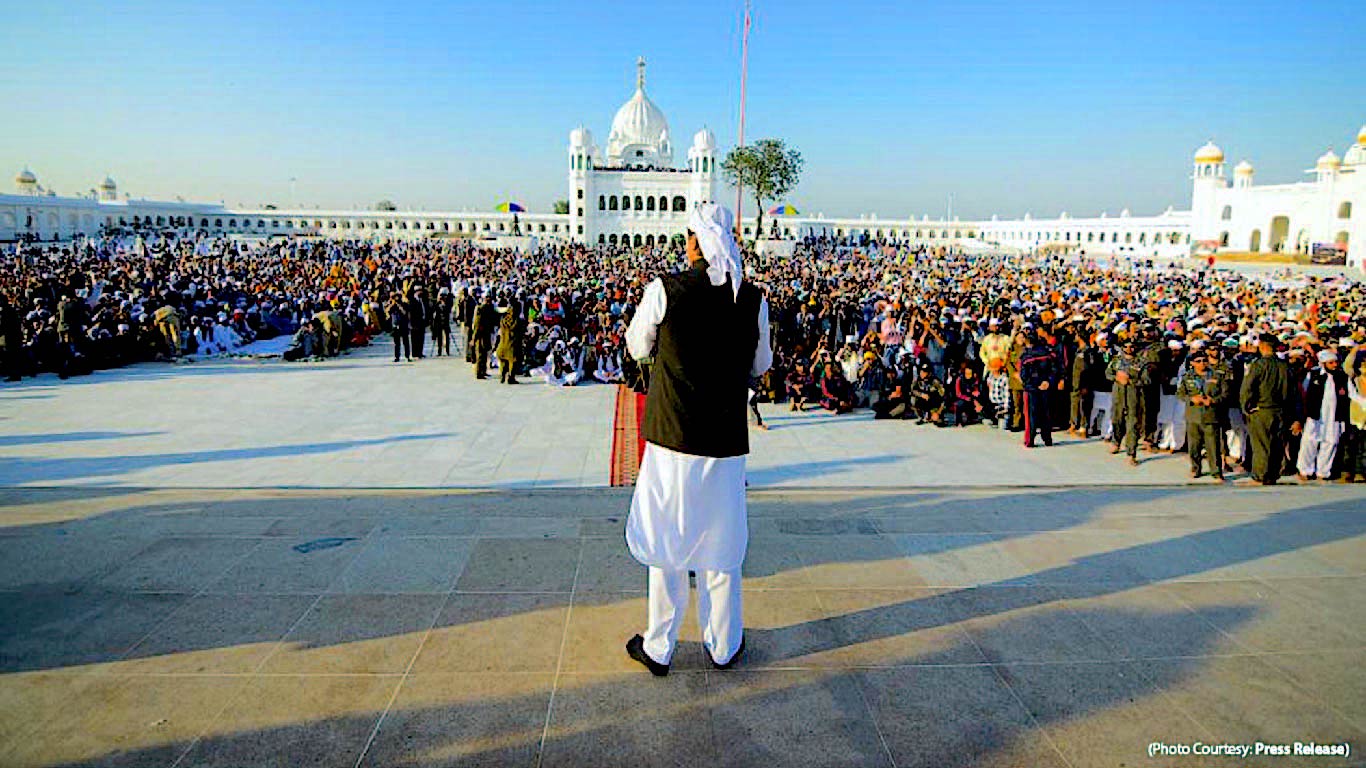

PM Khan ears in on wheat, lauds the EEC
By Staff Reporter
Wednesday – July 22, 2020According to an official statement, it was noted that the national food security and research (NFSR) ministry is ensuring the availability of good quality wheat at affordable price for public. The federal cabinet decided that the incumbent will not allow the price of flour to go up.
It was agreed to ensure ‘no hindrance’ in the supply of wheat countrywide.
The import of wheat is allowed to bridge the gap between supply and demand, however, wheat hoarding will not be tolerated and that the stockpiling is hostile to society and that the people should point out such elements. It was informed that the local wheat stock is 26.059 million tonnes.
The federal cabinet agreed to ensure that wheat smuggling will be stopped.
The Sindh government will be contacted to waive 1.25 percent duty/tax on the import price of wheat.
Punjab has begun with the wheat releases, Khyber Pakhtunkhwa (KP) by July 19 lifted about 55,218 tonnes of wheat from Pakistan agricultural storage and services corporation’s (PASSCO) stock.
The provincial departments were directed to make sure that there is no complaint of wheat and flour shortage countrywide.
It was informed that all provinces are cooperating with each other and the NFSR ministry to ensure the smooth supply of the commodity countrywide.
It was further informed that the NFSR ministry is facilitating the private sector importers for ensuring adequate and timely imports of wheat in order to keep smooth demand and supply of grains and flour countrywide.
Listening to the EEC programme report, authored by special assistant to the PM on social protection and poverty alleviation (SAPM-SPPA) Sania Nishtar, PM Khan said, “EEC is ground-breaking, transparent, rule-based, apolitical and comprehensive; the programme has provided relief to millions of households in the most difficult circumstances.”
Commenting on the flagship report, SAPM-SPPA Nishtar remarked, “Public accountability and transparency are the underlying motivation for this report. I believe that a culture of transparent and evidence-based decision-making is necessary to reform governance in Pakistan.”
She continued, “Integrity, transparency and openness have to be ingrained in government institutions and processes in order for democracies to deliver for their people.”
SAPM-SPPA Nishtar mentioned, “The report shares the knowledge gained in designing and implementing a massive national programme in real time, in a context of complexity and uncertainty, with speed.”
The comprehensive report details the design and implementation of the EEC programme, which allocated Rs. 203 billion to deliver one-time emergency cash to 16.9 million families in response to the COVID-19 (coronavirus) pandemic.
Given the family size, this represents nearly 109 million people or half the country’s population, representing the largest and most extensive social protection intervention ever in the history of the country.
The report stated, “Digital capabilities established over the past year as part of Ehsaas, Pakistan’s new poverty alleviation framework, were adapted to deliver EEC” adding “A hybrid targeting approach was adopted, combining emergency assistance for the known vulnerable with demand-based support for the ‘new poor’”
It continued, “Requests were sought through an 8171 SMS short code service and web-portal” adding “Data analytics enabled eligibility ascertainment, using unique national identification numbers and drawing on the national socioeconomic registry (NSR) and wealth proxies (travel, taxes, billing, assets ownership data and government employment status).”
The report elaborated, “The system was end-to-end data-driven, fully automated, rule-based, transparent and politically neutral” asserting “Payments were bio-metrically verified.”
The report outlines detail about the methodology adopted, implementation modalities and the approach to real time evaluation hardwired in the roll out, operational challenges encountered and mitigation measures.
The EEC pioneers a new policy approach, it demonstrates how cash transfer programmes can be deployed to counter socioeconomic fallouts due to external shocks such as COVID-19 which present a long-term predicament.
The case of Pakistan provides useful lessons for other countries that utilise unique personal identification systems and shows that by combining phones, internet connectivity, and national identifications, a digital and innovative demand-based social protection system can be created to enable those in distress to seek social support during crises.
The approach can also address rising inequality and advance attainment of sustainable development goals (SDGs) in a post COVID-19 world.



















